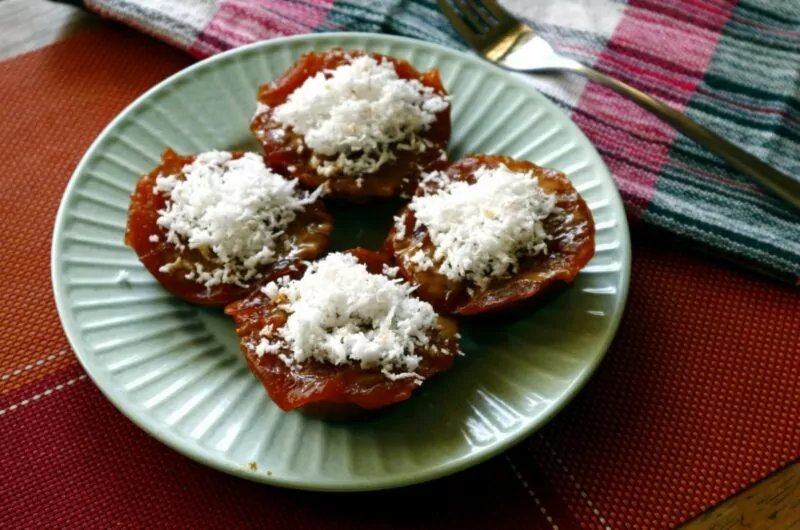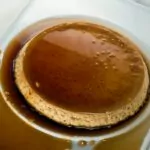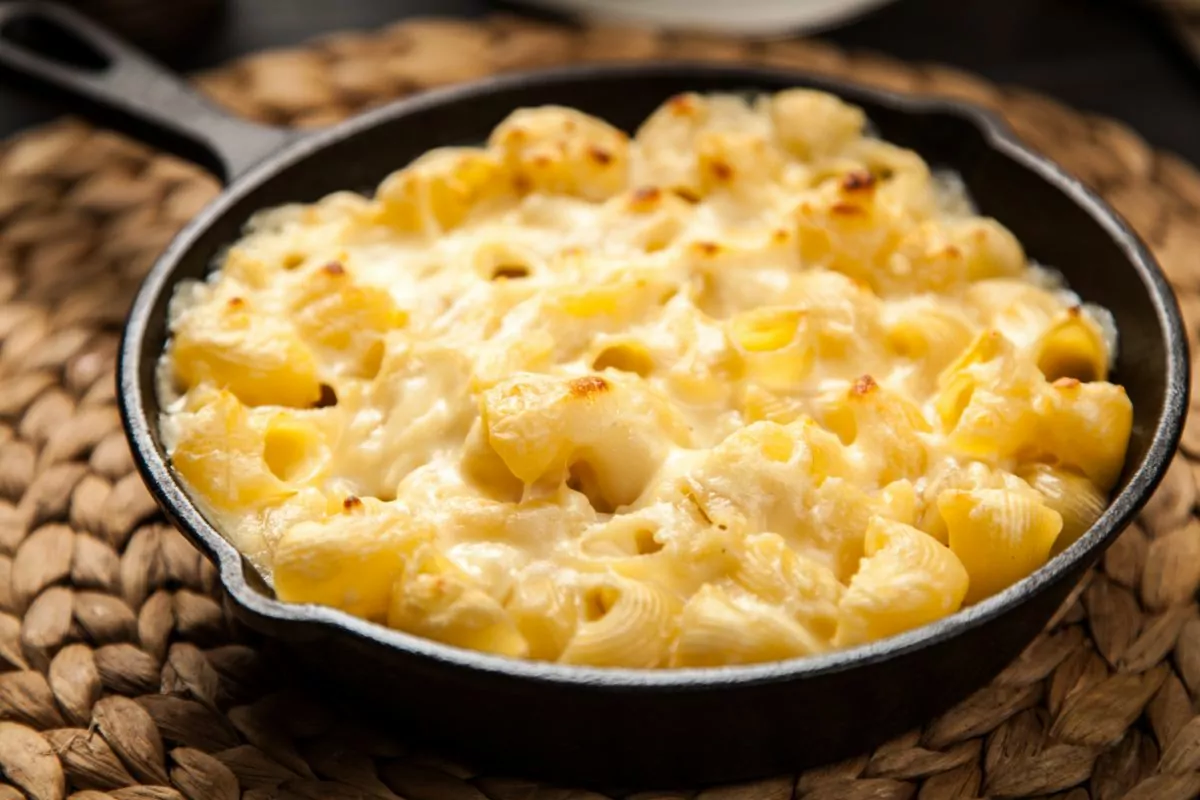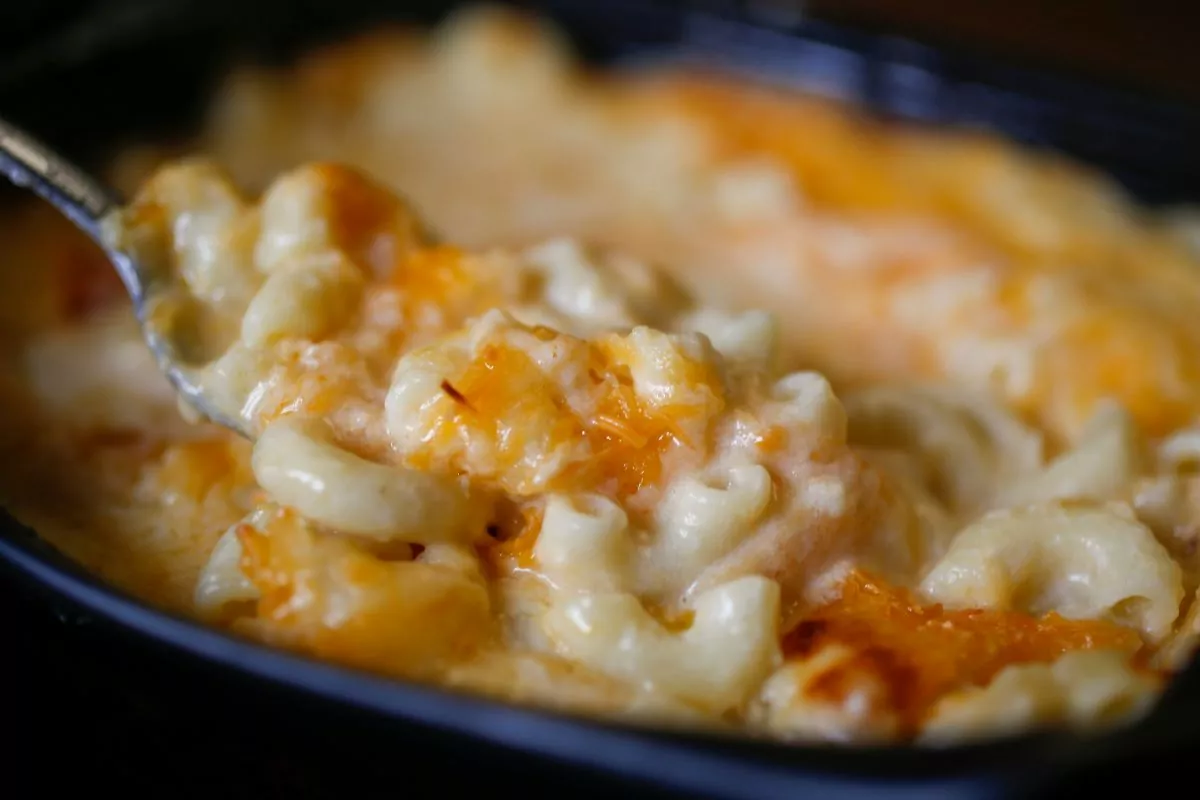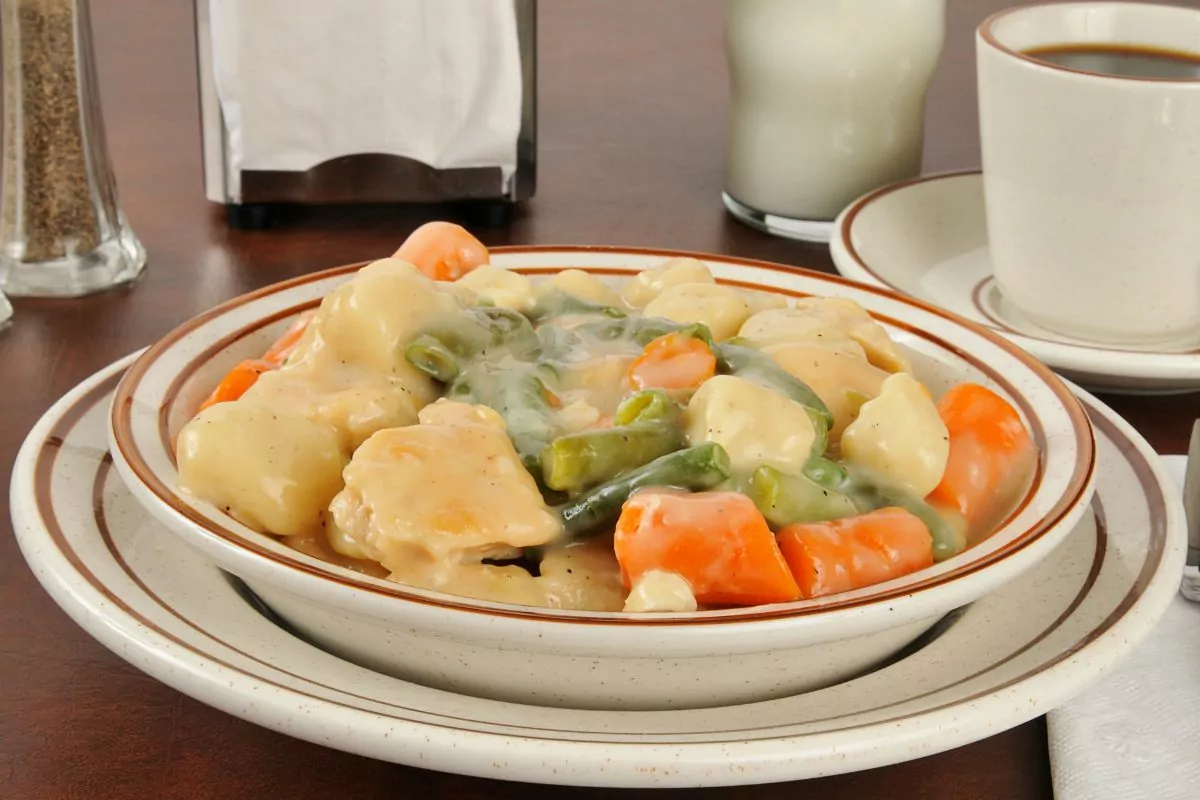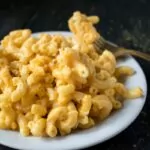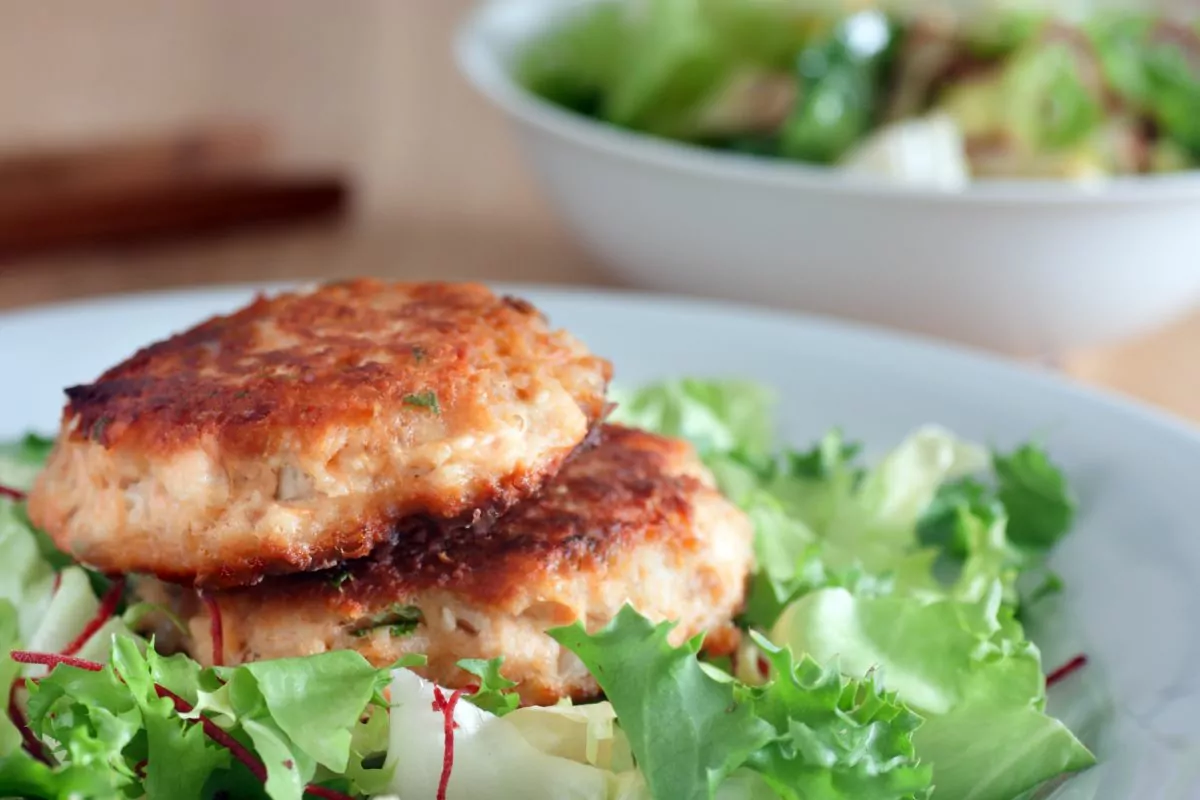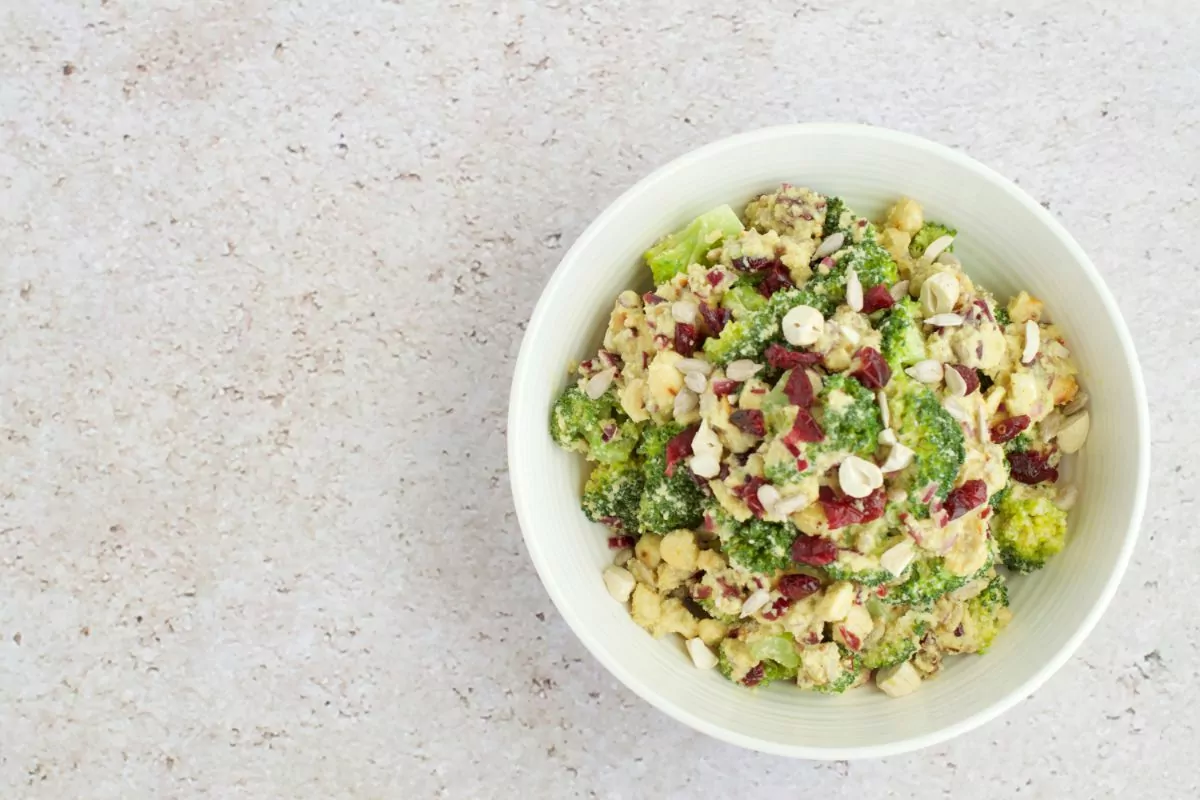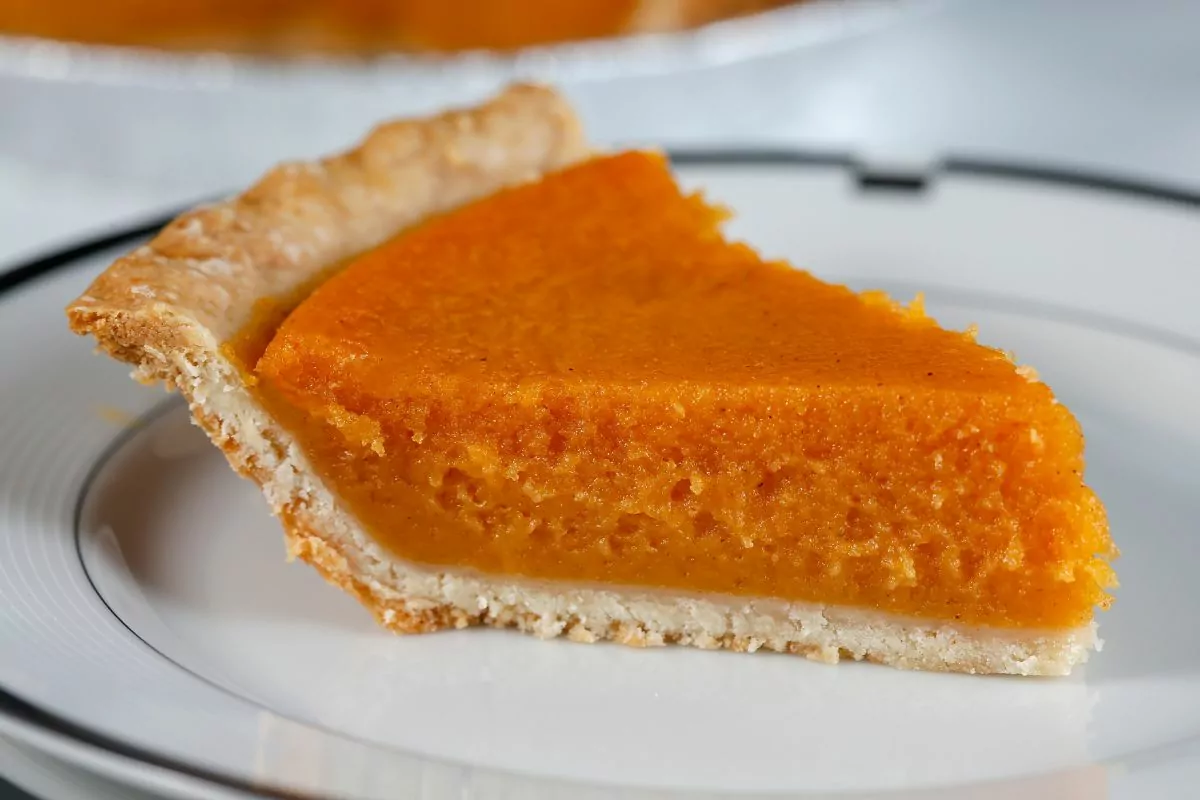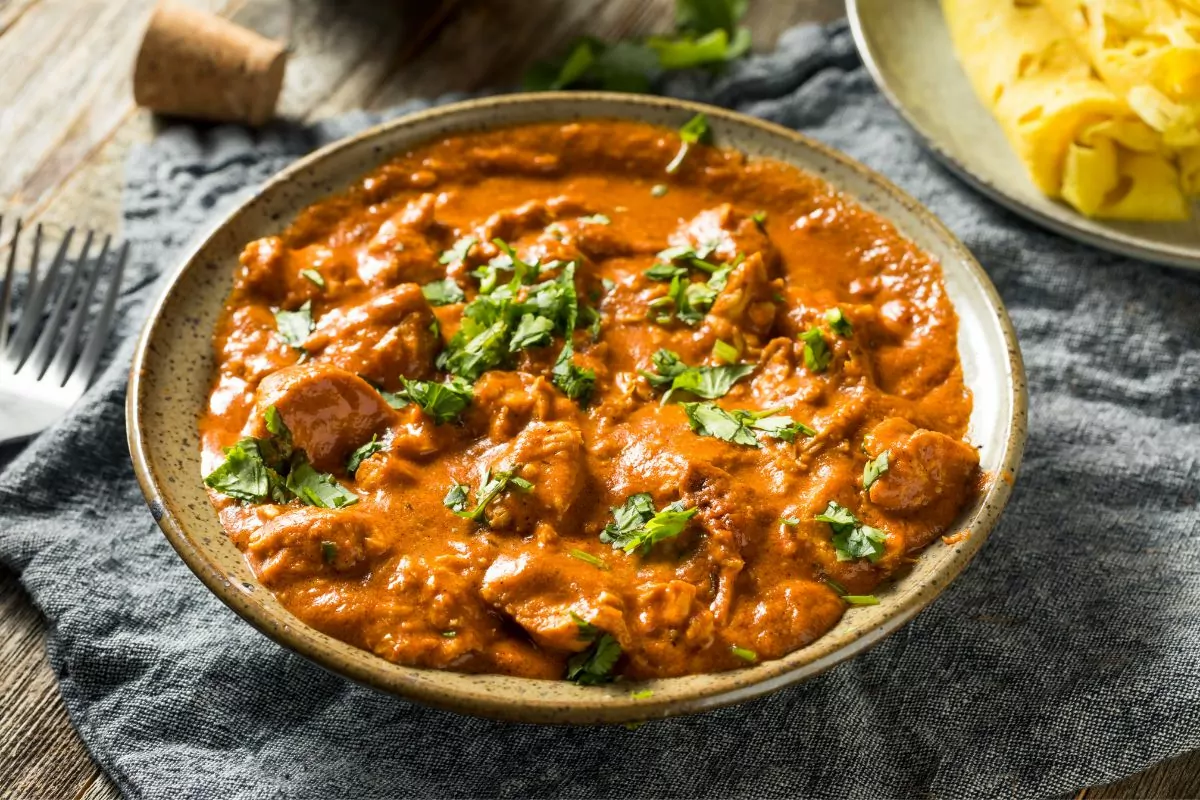Filipino desserts are a celebration of flavor, tradition, and community.
From the cooling delight of Halo-Halo to the comforting richness of Leche Flan, these sweets offer a window into the diverse culinary landscape of the Philippines.
Whether you’re new to these treats or have been enjoying them for years, this article dives into some of the best Filipino desserts, giving you a closer look at what makes each one special.
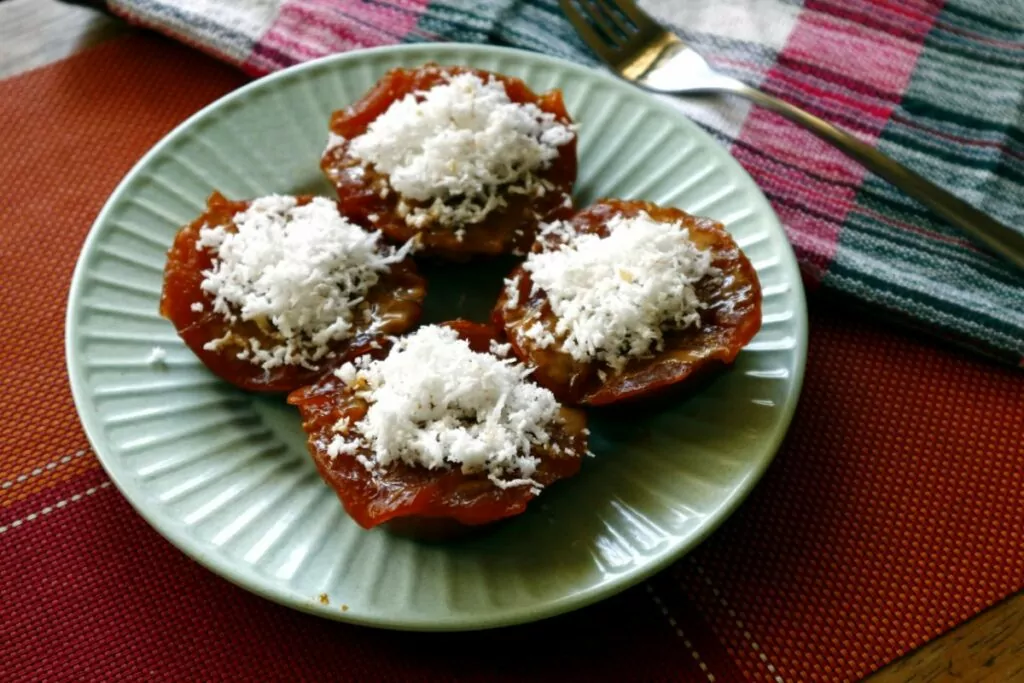
Frozen And Creamy Desserts
1. Halo-Halo
Halo-Halo is more than just a dessert; it’s a Filipino cultural experience in a glass or bowl.
This unique dessert epitomizes the Filipino philosophy of harmony and balance, combining various textures and flavors into one cohesive and delightful treat.
The assortment of ingredients like fruits, jellies, and sweet beans offers a symphony of tastes, while a generous helping of evaporated milk adds creaminess.
The shaved ice makes the dessert refreshing, perfect for the tropical climate of the Philippines.
Finally, a scoop of ube ice cream offers a royal finish, both in color and flavor.
Many consider Halo-Halo a must-try, not just for its taste but also for the joy of mixing its components together, just as the name “mix-mix” suggests.
2. Buko Pandan Salad
Buko Pandan Salad is a creamy, aromatic dessert that brings together the freshness of young coconut and the fragrant notes of pandan leaves.
Made with strips of young coconut, pandan-flavored gelatin, and a mix of cream and sweetened condensed milk, this chilled dessert offers a refreshing respite from the tropical heat.
It’s a popular choice at family gatherings, potlucks, and fiestas and is a beautiful representation of tropical flavors.
3. Taho
Taho is a simple yet comforting Filipino delicacy that is often associated with early morning street calls of vendors.
Made from silken tofu, this warm dessert is sweetened with arnibal (caramelized brown sugar syrup) and given texture with sago pearls (tapioca balls).
It is commonly consumed for breakfast or as a midday snack and is a go-to comfort food for many Filipinos, young and old alike.
Traditional Rice And Cassava-Based Desserts
4. Bibingka
Bibingka is deeply rooted in Filipino tradition, especially as a Christmas delicacy.
The preparation itself is an event, often involving the use of a special clay oven and banana leaves, which add a distinct, earthy aroma to the cake.
The core ingredients of rice flour and coconut milk are simple, yet they transform into a moist and flavorful cake, often topped with cheese or salted eggs for a savory kick.
In modern times, toppings like butter, grated coconut, and even pineapple slices have been added to enhance its appeal.
The result is a slightly crispy exterior that contrasts wonderfully with the cake’s soft, chewy center, making every bite a multi-textural experience.
5. Puto
Puto is not just a steamed rice cake; it’s a testament to the culinary versatility of rice in Filipino cuisine.
Over the years, the traditional white puto has evolved into an array of colors and flavors, thanks to ingredients like cheese, ube, and coconut milk.
Despite its humble origins, it plays a dual role as both a snack and a dessert, particularly during celebrations and festivals.
Whether served as bite-sized pieces or as larger cakes, Puto’s soft and fluffy texture has made it a beloved treat among Filipinos of all ages.
6. Suman
Suman is a traditional Filipino dessert that showcases the beauty of simplicity. Its primary ingredient is glutinous rice, which is soaked overnight to achieve the desired texture.
The soaking is followed by a careful wrapping process using banana leaves, adding a subtle, earthy aroma to the dish.
Once steamed, Suman takes on a chewy, sticky consistency that pairs wonderfully with a variety of toppings or sides like sugar, mango slices, or coconut caramel sauce.
This dessert is often enjoyed during festivals and family gatherings and serves as a delicious reminder of the importance of community and tradition in Filipino culture.
7. Kutsinta
Kutsinta, a chewy steamed cake, occupies a unique position in the Filipino culinary landscape.
These delightful rice cakes are made with rice flour, brown sugar, and lye water, resulting in a jelly-like texture that’s both chewy and soft.
They are commonly topped with freshly shredded coconut, enhancing the overall flavor and adding a new dimension of texture.
Typically enjoyed during breakfast or as an afternoon snack, Kutsinta is a delectable treat that symbolizes Filipino ingenuity in transforming simple ingredients into flavorful masterpieces.
8. Cassava Cake
Derived from the tuberous roots of the cassava plant, Cassava Cake is a dense and chewy dessert that holds a special place in the Filipino food culture.
This classic Filipino cake combines grated cassava, coconut milk, and sugar, which are then baked until they achieve a golden-brown perfection.
It’s often given an extra layer of flavor with a topping of condensed milk and cheese.
Its sweet and salty balance, coupled with the rich, dense texture, makes it a comfort food for many Filipinos.
9. Sapin-Sapin
Sapin-Sapin is a radiant, multi-layered glutinous rice cake that offers a kaleidoscope of flavors and colors.
Each layer usually represents a different flavor, like ube (purple yam) or langka (jackfruit), making it visually enticing.
Made from glutinous rice flour, coconut milk, and sugar, the cake is steamed layer by layer, each one setting before the next is added.
The final product is a vibrant, colorful dessert that is often served during festivals and special occasions, symbolizing the diversity and unity of Filipino culture.
Dairy And Egg-based Desserts
10. Leche Flan
Leche Flan stands as a shining example of the Filipino mastery of dairy-based desserts.
It’s a luxurious dish that features a creamy blend of condensed and evaporated milk, enriched by egg yolks and subtly flavored by vanilla or lemon zest.
It’s carefully steamed until it reaches a melt-in-the-mouth texture, and the caramelized sugar lining the bottom of the mold offers a hint of bitterness, balancing out the sweetness of the flan.
This dessert is often prepared for festive occasions and serves as an elegant finale to any meal.
11. Maja Blanca
Maja Blanca is often fondly referred to as the “Filipino coconut pudding” and is a dessert that carries with it a sense of nostalgia for many Filipinos.
Typically prepared during festive occasions and family gatherings, it features the smoothness of coconut milk, the subtle sweetness of sugar, and the thickening magic of cornstarch.
It’s then garnished with latik (toasted coconut curds) or corn kernels, adding a textural contrast that elevates the dish.
When done right, Maja Blanca should boast a velvety texture that melts in the mouth while capturing the essence of coconut in each bite.
12. Yema Cake
Yema Cake, a sumptuous dessert that resonates deeply within the Filipino community, is essentially a sponge cake layered with yema, a rich filling made from condensed milk and egg yolks.
The cake layers are moist and light, providing a perfect balance to the rich and creamy yema filling and topping.
Often enjoyed during birthdays, holidays, and special occasions, Yema Cake is a sweet indulgence that combines tradition with gustatory delight.
Fried And Caramelized Desserts
13. Turon
Turon is a popular street food that has won hearts for its simplicity and taste.
At its core, it’s a sweetened banana wrapped in a spring roll wrapper, but what makes it special is the caramelization that occurs during deep frying.
When brown sugar meets hot oil, it creates a crispy, sweet exterior that complements the soft, natural sweetness of the banana inside.
The optional slice of jackfruit adds a tropical flair, creating a blend of flavors that is quintessentially Filipino.
It’s a convenient, hand-held dessert that’s perfect for those on-the-go sweet cravings.
Sweet Confectioneries
14. Polvoron
Polvoron is more than just a sweet treat; it’s a part of the Filipino culture, especially during Christmas.
This powdery shortbread is a mix of toasted flour, powdered milk, sugar, and melted butter. Once mixed, they are molded into various shapes, most commonly round or oval.
Modern variations include flavors like ube, chocolate, and peanut, making it a versatile treat that transcends generations.
We love the twist with this particular recipe, which incorporates Oreos for an all-American take on the classic Filipino dessert.
Ube And Pandan Specialties
15. Ube Halaya
Ube Halaya is a Filipino dessert that has gained international acclaim for its vivid purple hue and unique, earthy flavor.
Made from grated purple yam, coconut milk, and sugar, this dessert is slow-cooked to a thick consistency, allowing the flavors to meld beautifully.
The dish is often molded into shapes or simply served in a bowl, ready to be scooped and enjoyed.
Ube Halaya is a staple during Christmas and New Year’s celebrations, and it captures the essence of Filipino innovation in desserts.
16. Pandan Cake
Pandan Cake is not just another chiffon cake; it’s a vibrant green, aromatic delight that adds a touch of exoticism to the Filipino dessert repertoire.
Infused with natural pandan extract, this light and fluffy cake is often enjoyed with a simple glaze or topped with young coconut shavings.
It brings a tropical note to dessert time, and its unique color and aroma make it a standout at any gathering.
In Summary
Whether you’re indulging in the creamy goodness of Leche Flan or the crispy delight of Turon, each of these Filipino desserts offers its own unique joy.
So, the next time you’re looking to satisfy your sweet tooth or learn more about Filipino culinary traditions, these desserts are a great place to start.
Why not try these bitter melon recipes next or sample some Vietnamese desserts?
16 Filipino Dessert Recipes To Tease Your Sweet Tooth
Course: Other Recipes4
servings30
minutes40
minutes300
kcalIngredients
Directions
- Choose a dessert to make
- Gather the ingredients
- Prepare your dessert
- Enjoy.
Recipe Video
https://www.youtube.com/watch?v=T6nnPmaGX9UVideo can’t be loaded because JavaScript is disabled: FILIPINO DESSERTS (https://www.youtube.com/watch?v=T6nnPmaGX9U)- 16 Martha Stewart Baking Recipes You Have To Try - May 29, 2024
- 19 Of The Best Martha Stewart Cake Recipes Ever - May 28, 2024
- How To Make A Tasty Ina Garten Red Velvet Cake At Home - May 24, 2024

